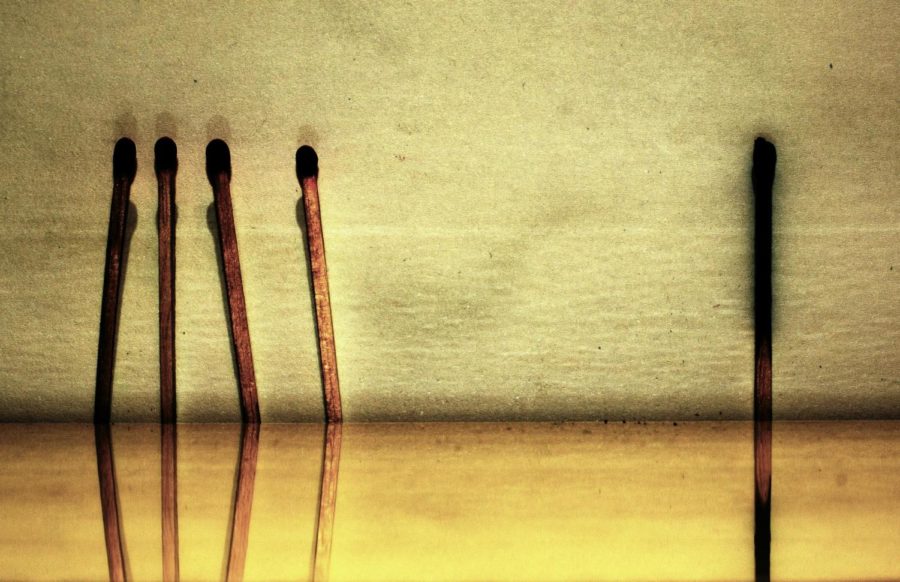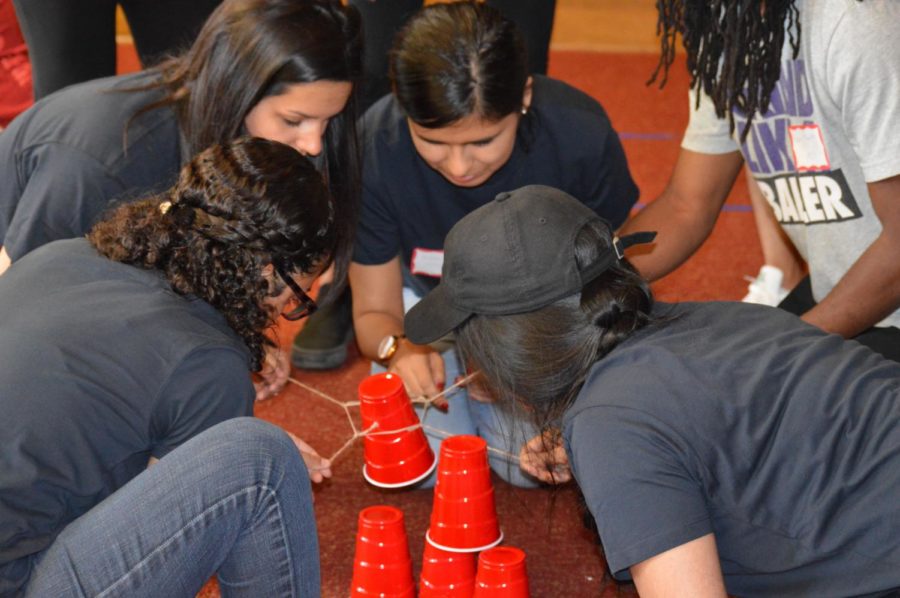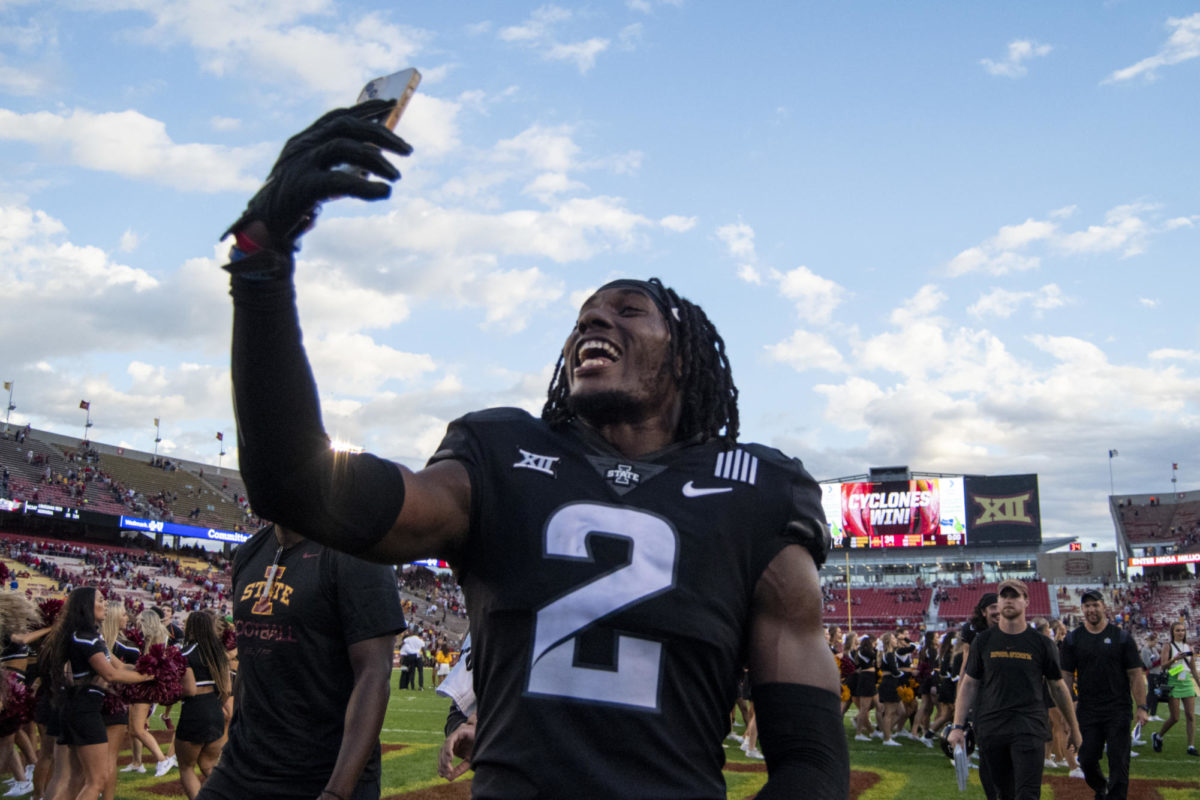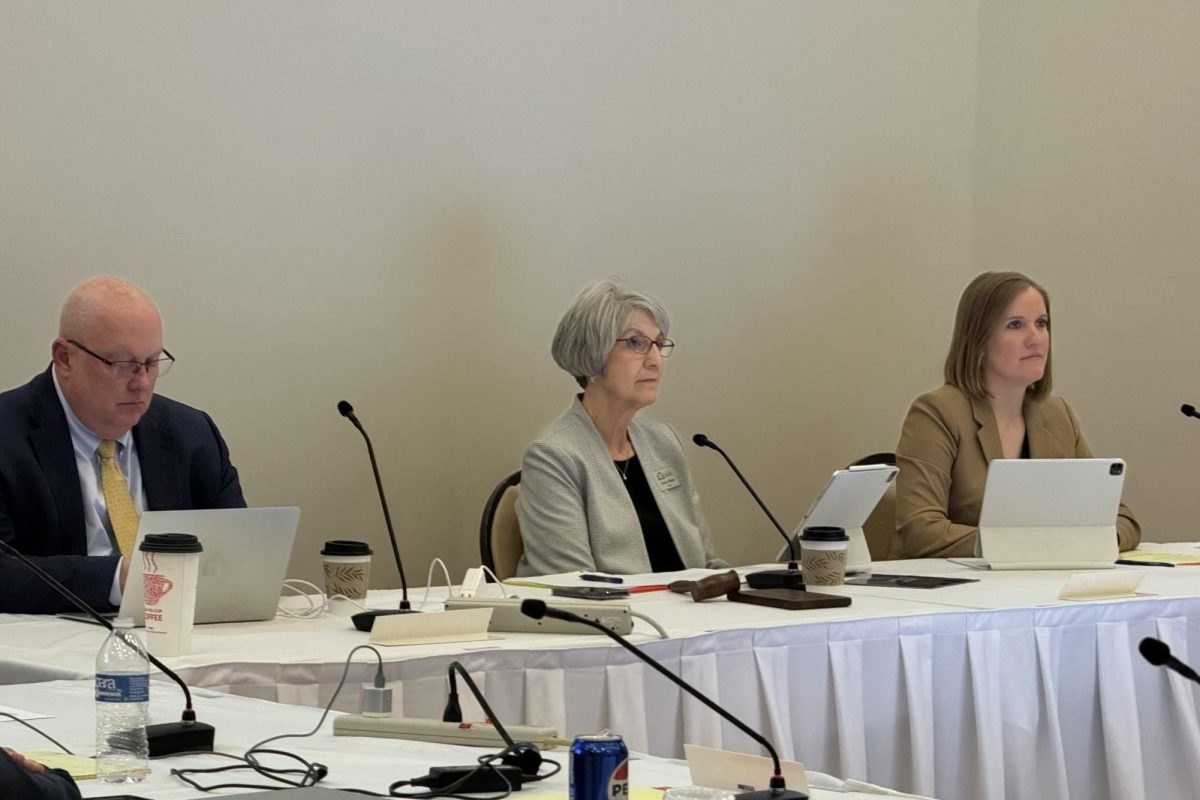Guest Column: My life with racism
June 6, 2020
What I’m about to share is a complicated thought. I’m going to try my best to describe my feelings on this topic. I mean no offense to anyone in what I’m about to say; I’m just trying to use my experiences to educate others.
I’ve always been scared to be Black and for most of my life I wished I wasn’t. From a young age, I knew being Black meant I would have to deal with obstacles others didn’t. I knew there were many people out there who would think less of me or think I wasn’t beautiful because I was Black.
I’ve always felt ashamed of this.
I should be proud of who I am and the color of my skin.
Today, I’m not ashamed of how I used to feel. Today, I recognize that the country I grew up in and the people who make up this country put these ideas into my head.
I was taught by others to be ashamed of who I am. I was taught by others that I’m not as worthy because I’m a person of color.
I’ve had to reteach myself over the years that Black is beautiful, Black people can still be successful and our voices and our lives matter just as much as anyone else’s.
I’d like to highlight some of the parts of my life that stand out to me as key factors that shaped these toxic ideas into my brain.
⁃ When I was around 5 years old, I remember the older girls in my day care would always play with the younger girls’ hair. I looked up to these older girls so much and just wanted them to like me. They wouldn’t touch my hair though because I was Black and had curly hair. That was the day I learned curly hair was associated with being Black or ethic. That was also the day I learned there are a lot of people who don’t think Black is beautiful. A couple of years later I would start secretly taking my mother’s hair straightener to straighten my hair before school. To this day, I will rarely allow people to see my natural hair.
⁃ Once at the mall with my mother — I was probably under 8 years old — two to three Black women stared at me, a mixed child, while I was holding my white mother’s hand in the makeup area. They said, “White women need to stop taking Black men away from Black women.”
⁃ In middle school, I had an older, white male history teacher who refused to acknowledge me and the other mixed girl in class as two different people. We were both Courtney. My mother had to have many meetings with the school about this.
⁃ I’ve been told that being mixed means I’m an abomination because Black and white shouldn’t mix.
⁃ The most recent thing happened last year over the span of a couple months. There was a guy I worked with at one of my old jobs who was a couple of years older and also mixed. I considered this guy a friend. As time went on this guy became more comfortable commenting on the way I chose to live my life. He would start to say more or more offensive things to me at work. He would always make comments about the fact that I don’t wear my hair natural. He would often try to throw water on me to make it curl during work. He would tell other Black girls at work they needed to educate me. When he got drunk at gatherings we would have with other coworkers is when things got really bad. Twice he trapped me into a booth at a bar while whispering offensive things into my ear. He told me I was a disgrace to all Black people. He told me I shouldn’t date white guys. He told me Black people didn’t like me because of how I wear my hair. He told me it would be better if I were dead than continue to represent Black people the way I do.
I know I am privileged. I know there is privilege in being raised by a white parent in a primarily white neighborhood. However, these things do not diminish the importance of what I have to say.
Society can’t teach me from the day I’m born to be ashamed of being Black then reprimand me in my 20’s for the consequences their actions had on my life.
Stop scaring little Black boys and girls, then stand around wondering why we turned into confused and traumatized adults. And stop telling mixed people their voice doesn’t count because they aren’t enough to fit into a category (yes, I’ve seen this happen to many mixed people already during these protests).
Now that I’ve come to the end of this I’m really not sure what my point is anymore, but I hope something I’ve said has stuck with whoever is reading this. I hope this helps people realize their actions and the things they say can have long-lasting effects on others.

















